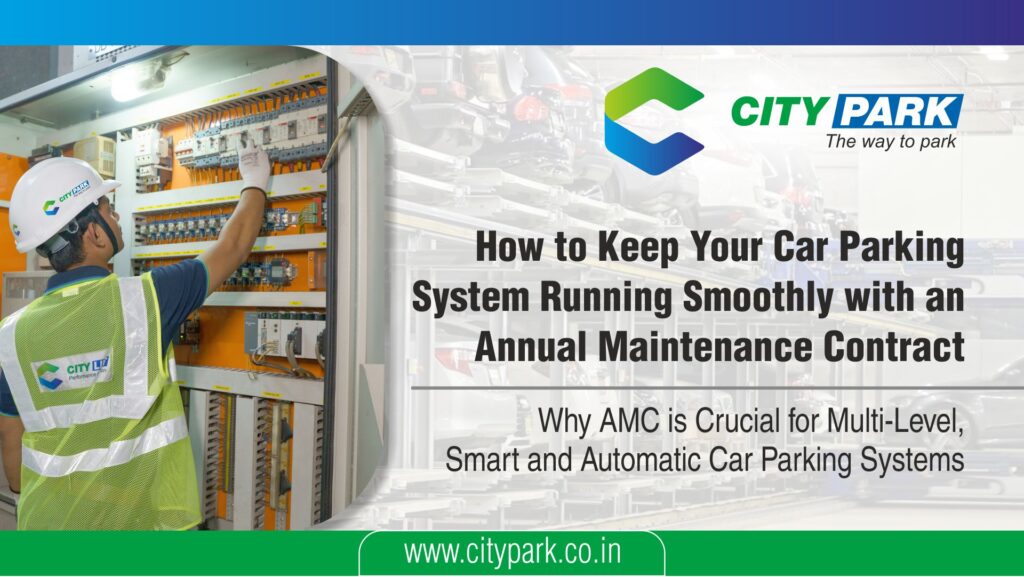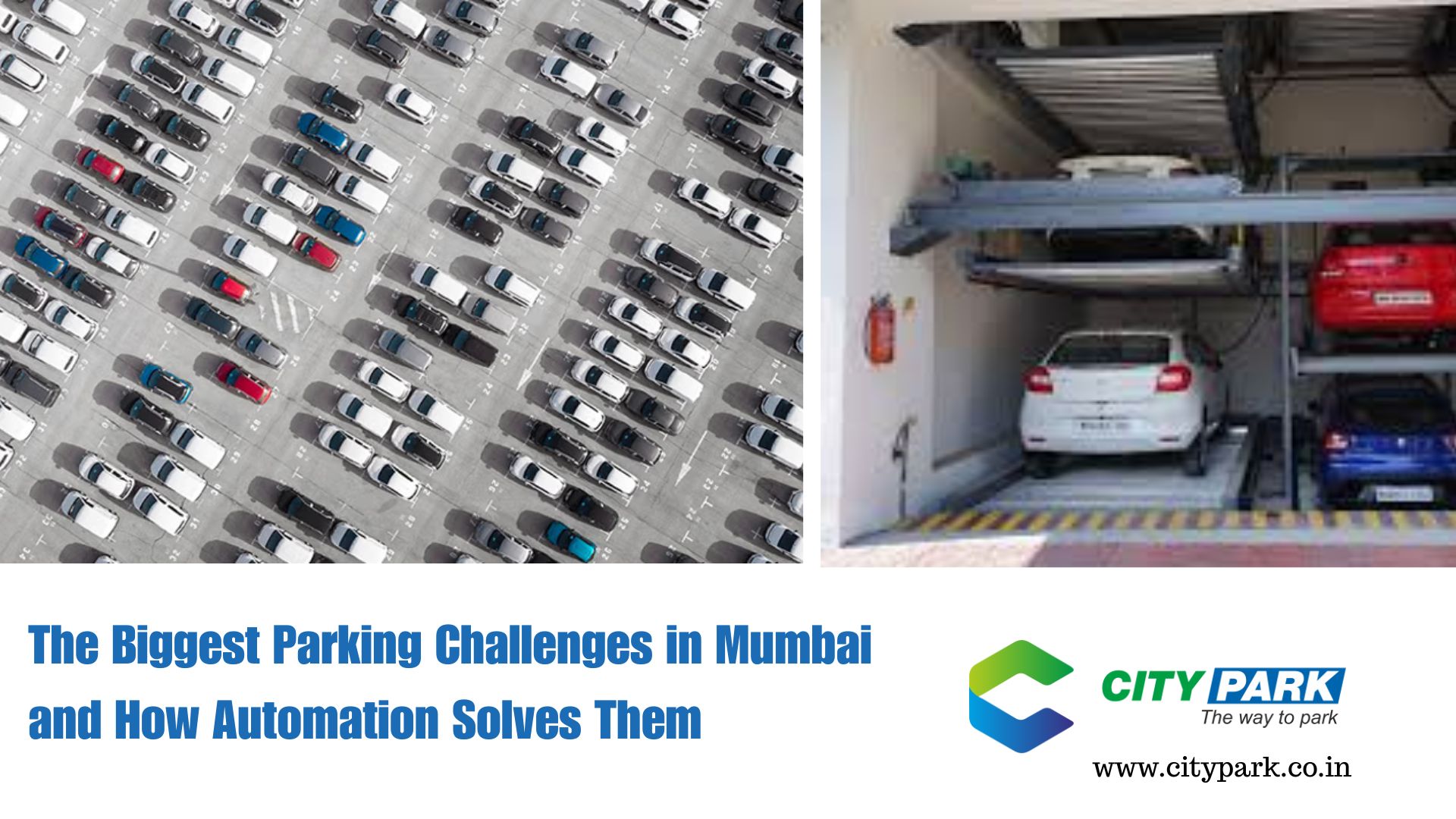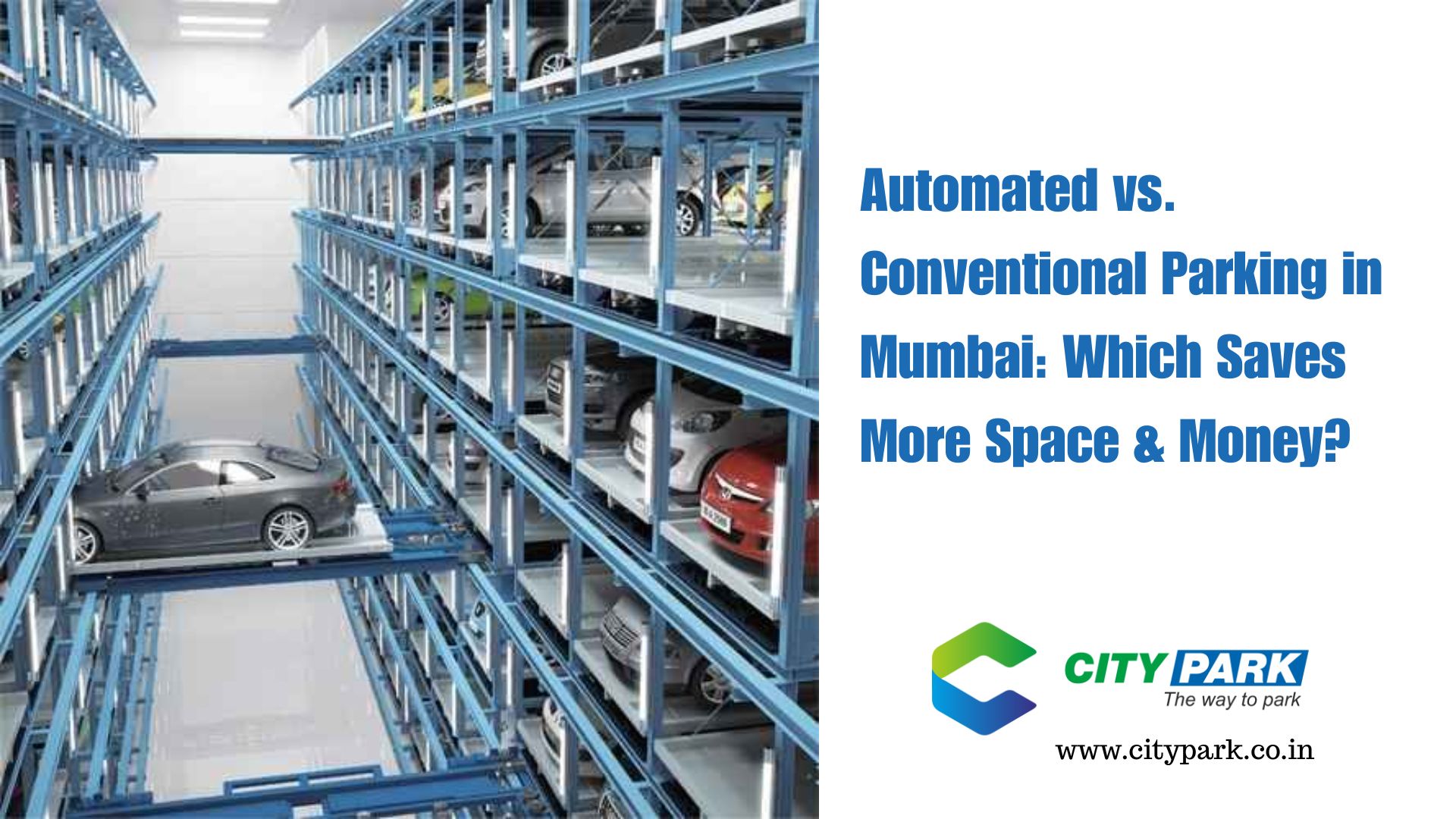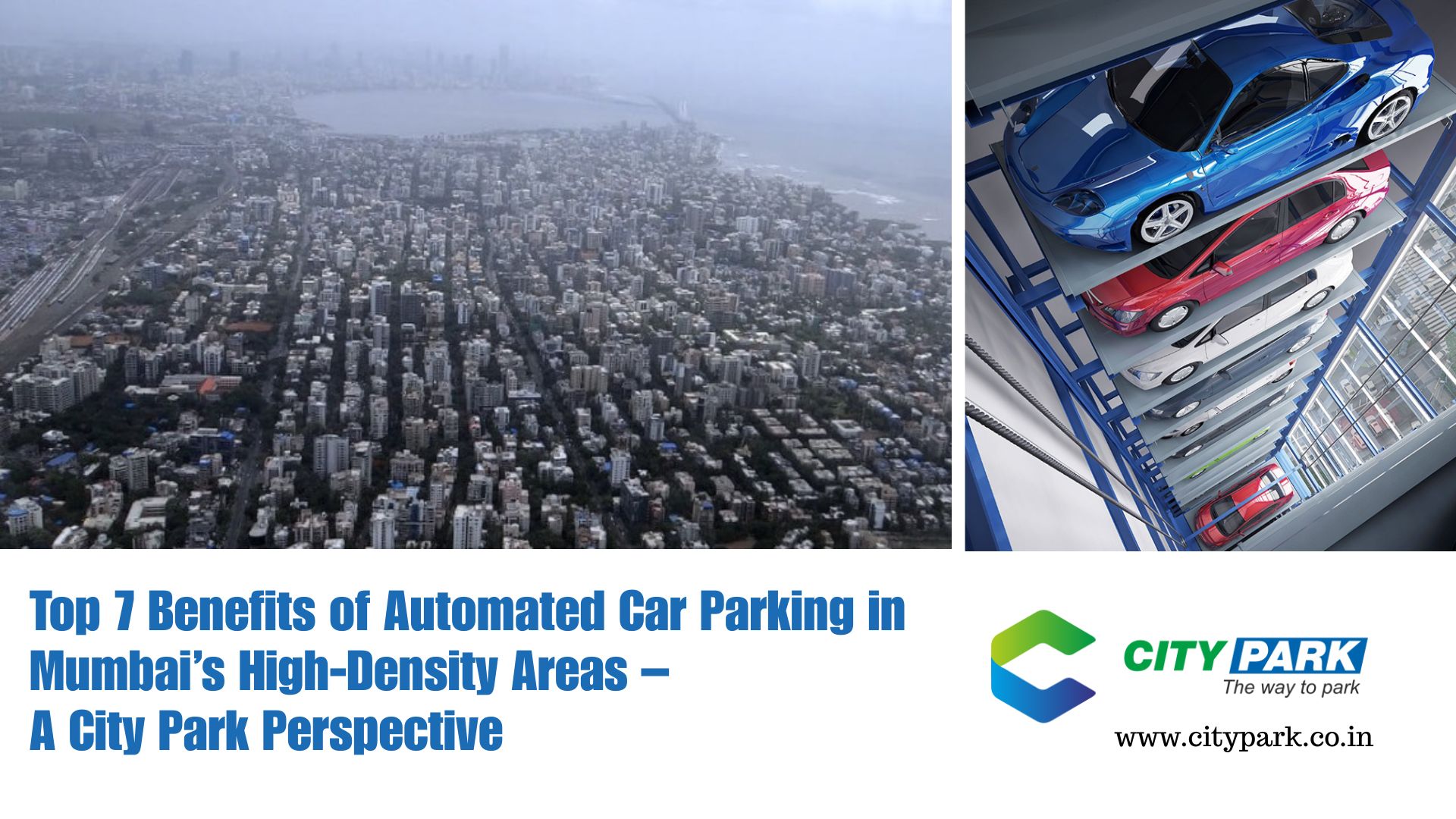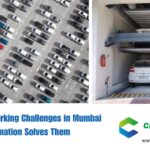Why AMC is Crucial for Multi-Level, Smart, and Automatic Car Parking Systems
Introduction: Maintenance Is Not a Choice—It’s a Necessity
In today’s urban landscape, car parking systems are evolving from basic concrete structures to sophisticated, tech-driven solutions. Whether it’s a multi-level car parking setup at a mall, an automatic car parking system in a residential tower, or a smart parking system in a commercial complex—these systems are the silent backbone of urban mobility.
However, with increasing complexity comes the need for regular maintenance. Enter the Annual Maintenance Contract (AMC)—an often-overlooked but absolutely critical component of a well-functioning parking management system. Without a proper AMC in place, even the most advanced parking systems can suffer from downtime, technical glitches, and long-term wear and tear.
In this blog, we’ll break down how to implement an effective AMC for your parking system using a practical, step-by-step How-To framework. We’ll also explore why AMC isn’t just a support service—it’s a strategic investment.
Why AMC Matters for Car Parking Systems
Before we dive into the how-to section, let’s understand why AMC is crucial:
- Ensures uninterrupted service
- Minimizes downtime and operational loss
- Protects the value of your asset
- Extends system lifespan
- Keeps the system compliant with safety regulations
Modern parking systems are not plug-and-forget machines. They involve elevators, sensors, conveyor belts, access control, software, IoT devices, and mobile integrations. All of these require regular checks, updates, and calibration.
How to Implement an Effective AMC for Your Parking System
Step 1: Assess Your Parking System’s Needs
Every parking setup is different. Begin by mapping out your system’s components and usage pattern.
Checklist:
- Type of system: multi-level car parking, automatic, or smart
- Number of moving parts (lifts, pallets, conveyors)
- Software integrations (apps, sensors, ticketing, ANPR)
- Daily vehicle load and traffic flow
- Car parking space size and layout complexity
- Peak hours and seasonal surges
💡 Why it matters: The more complex the system, the more robust your AMC needs to be.
Step 2: Choose the Right AMC Type
Not all AMCs are created equal. Most providers offer:
Types of AMC:
- Comprehensive AMC: Includes parts, labor, preventive and breakdown service
- Non-Comprehensive AMC: Covers only service and labor; parts are billed separately
- Custom AMC: Tailored to your system’s specifications and usage
💡 Pro Tip: For automatic car parking systems, always opt for comprehensive AMCs. The high level of mechanical automation means parts wear out faster.
Step 3: Select a Trusted Service Partner
Your AMC is only as good as the team backing it.
What to Look For:
- Experience with your system type (e.g., puzzle parking, rotary systems, stackers)
- 24/7 support and emergency response time
- Availability of original spare parts
- Client references and service track record
- Understanding of local regulations and building codes
💡 Why it matters: Downtime in a high-traffic smart parking system can lead to loss of revenue and public complaints.
Step 4: Schedule Preventive Maintenance
The goal of AMC is not just to fix what’s broken—it’s to prevent problems in the first place.
What Preventive Maintenance Includes:
- Lubrication of mechanical parts
- Calibration of sensors and software updates
- Inspection of lifts, motors, chains, and belts
- Cleaning of ventilation systems
- Testing of fire and safety compliance
- Alignment of car parking space size markings and indicators
💡 Pro Tip: Schedule maintenance during low-traffic hours to minimize disruption.
Step 5: Define Service Level Agreements (SLAs)
An AMC should come with clear performance benchmarks.
Key SLA Elements:
- Maximum response time for breakdowns
- Number of preventive visits per year
- Spare part replacement timeline
- Reporting and documentation frequency
- Downtime penalty clauses (if applicable)
💡 Why it matters: Defined SLAs make your service provider accountable and ensure consistent performance.
Step 6: Ensure AMC Covers Software and IoT Devices
If you have a smart parking system, your AMC must include software support.
Key Elements:
- Cloud server maintenance
- Mobile app bug fixing and updates
- IoT sensors recalibration
- Data backup and security protocols
💡 Why it matters: Most errors in parking management systems are software-related. AMC should handle both hardware and software.
Step 7: Track, Review, and Optimize
Your AMC should not be a set-it-and-forget-it service. Regular reviews are essential.
Review Checklist:
- Quarterly or biannual performance reports
- Breakdown vs. uptime ratio
- Cost-benefit analysis of AMC vs. ad-hoc repair
- System updates or upgrade recommendations
💡 Pro Tip: Keep a digital maintenance log that tracks service visits, parts replaced, and technician feedback.
Benefits of Having an AMC for Your Parking System
1. Maximum System Uptime : Avoid revenue loss and customer complaints with quick issue resolution.
2. Longer Equipment Life : Regular maintenance reduces wear and tear, especially in high-usage systems like multi-level car parking.
3. Cost Savings: AMCs are more economical than repeated emergency breakdown visits.
4. User Safety : A malfunctioning automatic car parking system can be hazardous. AMC ensures safety checks are regular.
5. Real-Time Monitoring and Efficiency : For smart and IoT-enabled systems, AMC ensures that sensors, cameras, and real-time indicators work without fail.
6. Better Customer Experience : Well-maintained systems lead to less wait time, better lighting, cleaner surroundings, and easier navigation.
7. Regulatory Compliance : Regular inspections and reports keep you compliant with local fire, safety, and traffic laws.
8. Peace of Mind : With an AMC in place, facility managers can focus on other operational tasks without constantly worrying about technical issues.
Common Mistakes to Avoid
- Opting for the cheapest AMC provider instead of the most experienced
- Ignoring SLAs and service timelines in contracts
- Not covering software and digital elements in the AMC
- Failing to audit the AMC provider’s performance regularly
- Not considering AMC as a recurring budget line item
Real-World Scenario: AMC Saves the Day
A prominent shopping mall in Mumbai had a multi-level car parking system with 10 elevators and over 300 car slots. During the festive season, one of the elevators malfunctioned, halting operations for an entire level.
Thanks to their Annual Maintenance Contract, a technician was on-site within 90 minutes. The problem was resolved in under 4 hours. Without an AMC, the mall would’ve lost 2 days of operations in that section—impacting not just revenue but customer sentiment.
Conclusion: Don’t Wait for a Breakdown to Realize the Value of AMC
In an era where parking management systems are increasingly complex and digitally driven, Annual Maintenance Contracts (AMC) are not just good practice—they’re business-critical.
Whether you’re managing a smart parking system in a tech park, a multi-level car parking setup in a mall, or an automatic car parking system in a residential tower, you need a robust AMC to ensure smooth, safe, and efficient operations.
🔧 Think of AMC as insurance for your infrastructure—only better. It doesn’t just save you when things go wrong; it prevents them from going wrong in the first place.
